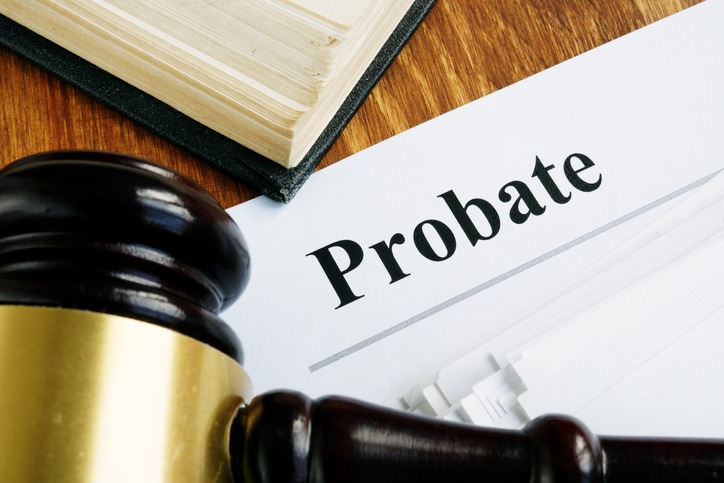According to the Ohio Bar’s website, probate is “a legal proceeding to administer certain kinds of property (called probate property) owned by someone who has died (the decedent), to see that claims, expenses, and taxes are properly paid, and to see that the remaining estate is distributed to those entitled to receive it under the terms of the decedent’s will or under Ohio law.”
It says, “Probate property consists of all property titled in the decedent’s name and not transferable on death. It is distributed according to the terms of the decedent’s will or, if the decedent died without a will (intestate), according to Ohio law.”
Let’s stop there for a moment; note that probate property is all property in the decedent’s name and not transferable on death. What does that mean? It simply means that if you took steps to protect your assets and loved ones, for example, by placing your property in a trust, your heirs could avoid the whole probate hassle.
Also, note what it says about not having a will and property being distributed according to Ohio law. Let me explain that part. If you die without a will (that’s called intestate), the State of Ohio’s laws come into play. Your hard-earned assets will be distributed according to how the law directs.
For example, suppose your closest living relative is your brother, whom you haven’t seen in decades and never wanted to see again. In that case, he will inherit your worldly goods. Maybe you would have wanted them to go to a friend, your life partner, or your favorite charity. Why take a chance by NOT having a will?
Other aspects of probate that might interest you. If you don’t have a will, for example, your loved ones will be faced with what can be a time-consuming process. The probate process can take weeks, months, or even years. And no one gets any inheritance until it is all settled.
In addition to dragging things out, it might cost your loved ones THEIR hard-earned money to get it done—fees including court costs and possibly attorney and executor fees. It doesn’t seem fair, does it?
Suppose you are a private person and wouldn’t want the community, colleagues, friends, or neighbors to “know your business.” In that case, you need to pay attention here. Probate proceedings are usually a matter of public record, meaning the details of your estate, including assets and distributions, are a matter of public record. Accessible by pretty much anyone. If you value privacy, this aspect of probate alone should convince you to have a will.
One final concern is that of family disputes. What the court decides may not be what you would have done regarding your assets, but worse, it might drive major wedges between those you’ve left behind. If you know now how you’d like your assets distributed when you die, you should get a will. Otherwise, the court might not see it your way. Don’t put your heirs through that.
Getting a will and estate plan together is the right thing to do for your loved ones. Doing so can help them avoid going through probate, dragging the process out, and possibly causing emotional distress, family feuds, and extra costs. Let’s get together and put your plans together as soon as possible. It doesn’t take that long, and I promise you, the peace of mind you’ll experience, knowing you’ve done what you can to protect your assets and loved ones, is priceless! Call today to schedule a meeting or visit my website; you can schedule from there, too. My phone number is 513-399-7526, and my website is www.davidlefton.com.



